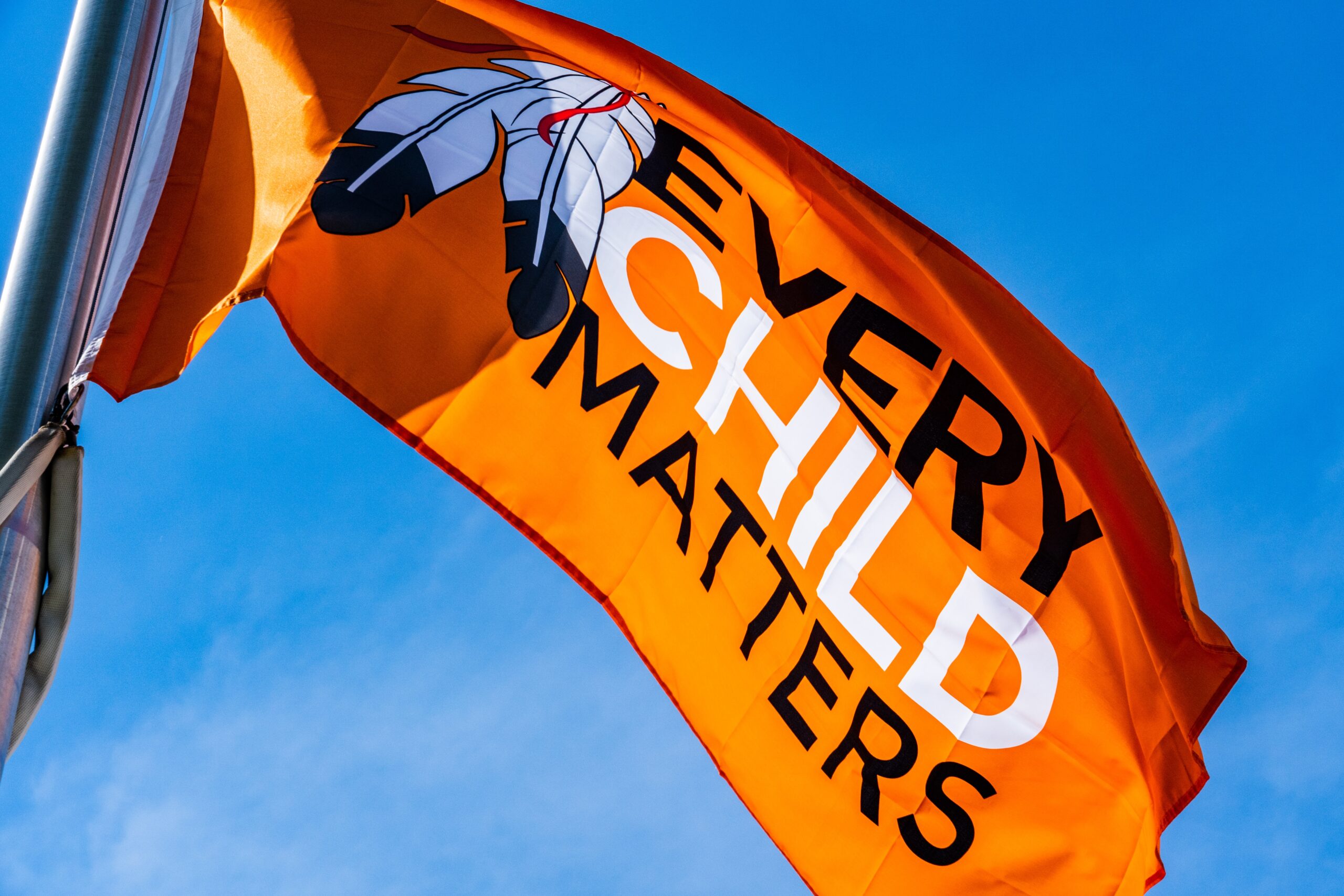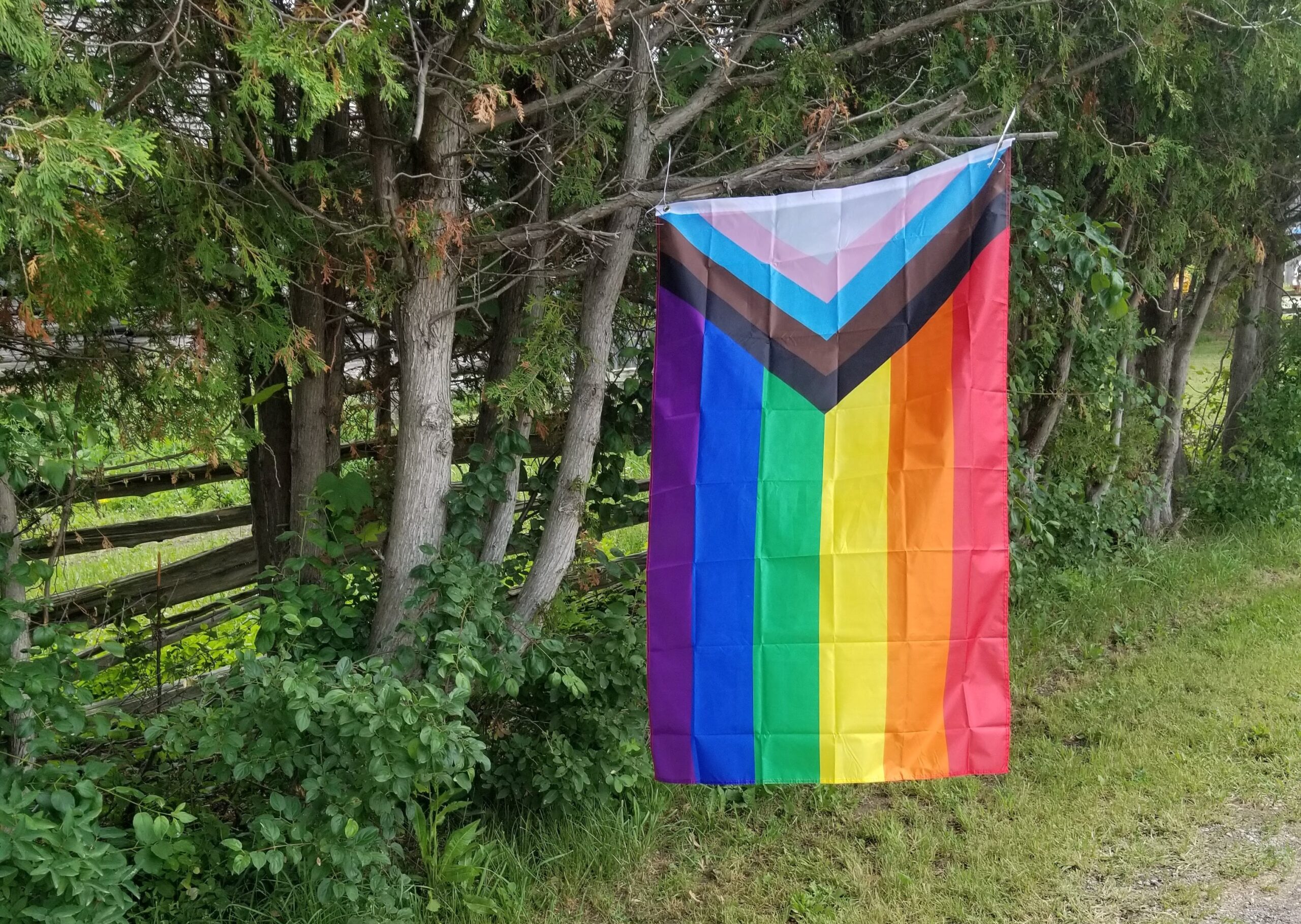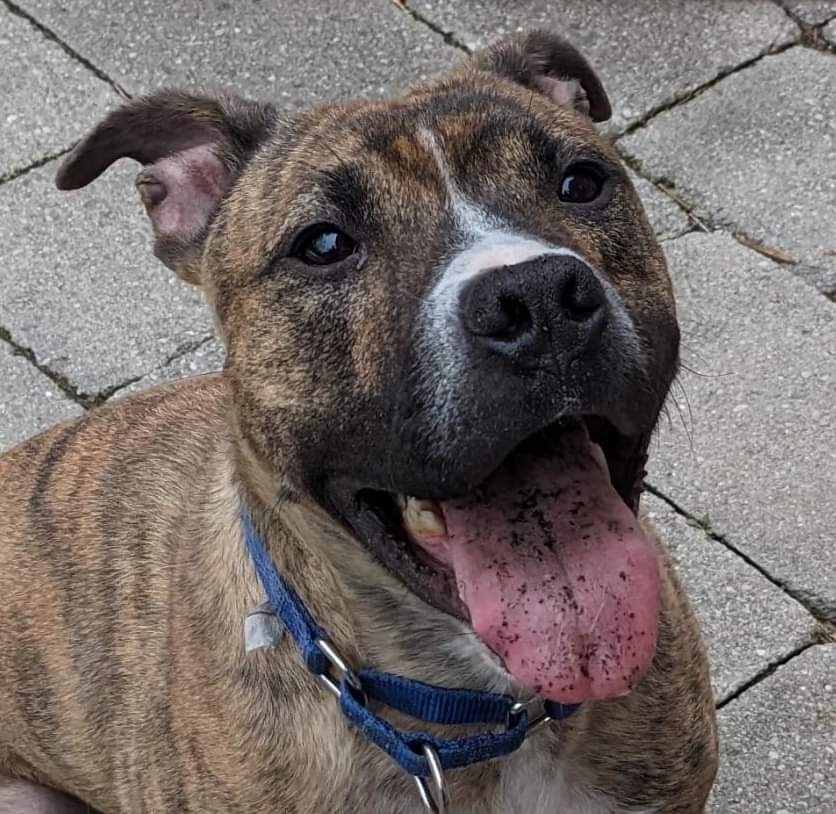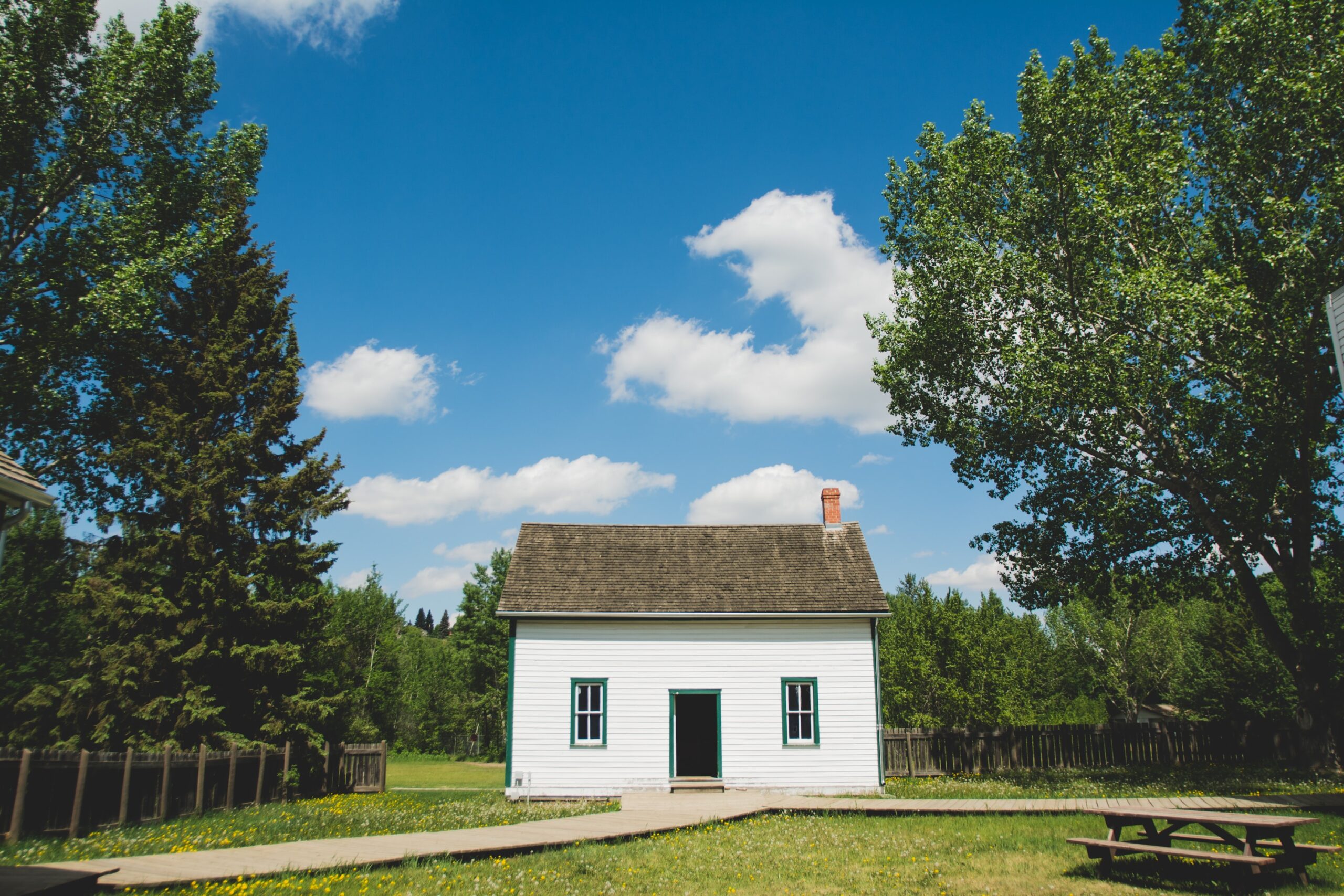The National Day for Truth and Reconciliation, September 30, is nearly upon us, the day to remember the atrocities carried out on Indigenous people by the Canadian residential school system. We can all take part in activities happening around Burlington, at Burlington Public Library and Spencer Smith Park, or further afield at the Woodland Cultural Centre to participate in community healing.
The Truth and Reconciliation Commission, formed in 2008, worked to make known the full extent of the violence and lasting harm caused by residential schools, as well as to propose solutions and prevent future abuse of Indigenous people. The result are the 94 Calls to Action, policy recommendations that are meant to help spread the full truth of the legacy of residential schools and build preventative systems.
And so, one way you can participate in the National Day for Truth and Reconciliation is to learn more about the horrifying reality of residential schools. Listen to Indigenous stories and hear their truths. Honour those children who did not return to their families.
In Burlington, you can participate in the Walk Home, led by WhiteEagle Stonefish and with music by Amber Kakiishiway. This event is “to honour the ones who never made it home,” and will begin at 2 p.m. at Spencer Smith Park’s pavilion. There will be tobacco ceremony with sacred fire and a walk in honour of children who died at residential schools. If you have moccasins, wear them to this event.

At Burlington Public Library
Burlington Public Library is hosting three special events for Truth and Reconciliation. At Central branch on Tues., Sept. 26, from 6:30 p.m. to 8:30 p.m., an interactive workshop called Heal the Trauma Within will take place. Haudenosaunee healer Jane Burning will lead attendees through the Focused Intention Technique (FIT) and a guided meditation, to teach participants how to move beyond any trauma or fear to reach happiness. FIT is a holistic approach to self-healing involving addressing limiting beliefs to understand root causes of personal issues, to ultimately resolve those issues. Register to attend here.
From September 27 to 30, you can also head to MakerSpace at Central branch to make your own Every Child Matters button to wear on Orange Shirt Day (a popular name for the National Day for Truth and Reconciliation). Staff will be on hand to assist, or you can pick up a premade button from your home branch while supplies last. BPL has made a donation to the Orange Shirt Society as part of this program.
The third BPL event is a video presentation of The Origin of Orange Shirt Day, in which Phyllis Webstad, who founded the movement (and led to September 30 being named as the National Day for Truth and Reconciliation), describes her own childhood as part of an Indigenous community and in a residential school. The Origins of Orange Shirt Day will be screened at Tansley Woods branch on Sat., Sept. 30, starting at 2 p.m.
If you can’t get out to any events, BPL also has a number of lists of great books to read, on Indigenous experiences, about residential schools and their continuing impact on Indigenous people, and by Indigenous authors.
At the Royal Botanical Gardens
The Royal Botanical Gardens will welcome Tim Johnson, project director at the Mohawk Institute, on Wed., Sept. 27 from 6:30 p.m. to 8:00 p.m. Alongside other experts, Johnson will talk about the Institute itself, its historical significance and the journey the project team and local leaders have been on to restore the building and transform it into an interpreted historic site and educational resource. Tickets are available here.
Online or in-person with Woodland Cultural Centre
Looking slightly further afield to the Woodland Cultural Centre, this month, you can join virtual tours, lunch and learn Truth and Reconciliation presentations, a presentation on the Six Nations Land Claim, or, if you can make the drive, a screening of new film Silent No More.
Lunch and learn presentations on Sept. 26 at 12 p.m., Sept. 30 at 11 a.m., Nov. 15, 6 p.m., and a public screening on Sept. 27 at 6 p.m., will feature a virtual tour of the former Mohawk Institute Residential School with guide Lorrie Gallant. Gallant takes viewers through the girls’ and boys’ dormitories and other rooms while describing the 140-year history of the institution. Also included are interviews with five survivors of the Mohawk Institute.
Woodland Cultural Centre Associate Director Chris Ashkewe will speak at the Sept. 28 lunch and learn presentation, starting at 12 p.m. Ashkewe will illuminate the truth aspect of Truth and Reconciliation, speaking on the Indian Residential Settlement agreement, Canada’s Indigenous Policy, the United Nations Declaration on the Rights of Indigenous People (UNDRIP) and more. Another of these talks will take place on Oct. 18.
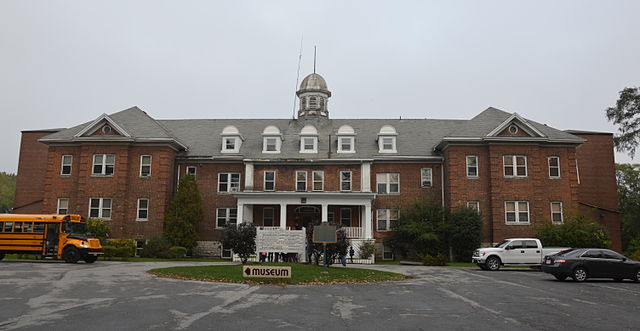
On Sept. 28 at 6:30 p.m., the film Silent No More: A Virtual Tour of the Former Mohawk Institute Indian Residential School will be screened in the Woodland Cultural Centre’s Orientation Room. While this screening is open to the public, the film is rated PG-13, with verbal descriptions of the abuse suffered by Indigenous children at the institute. Also called “Mush Hole,” the Mohawk Institute was the longest-operating residential school in Canada, only closing in 1970. This new film elaborates on the virtual tour, featuring new information and new interviews with survivors from other communities.
At 6 p.m. on Dec. 20, 2023, the Woodland Cultural Centre is hosting a Six Nations Land Claim presentation, where participants will hear about wampum belts and treaties, Hodinohsho:ni history, and the current state of land claims.
The cost of each of these events is a donation to the Woodland Cultural Centre’s education department, with a suggested amount of $10. To book your place for any of the Woodland Cultural Centre events listed above, click here. Upon payment, you’ll receive the link to participate in your chosen event in your inbox.
Take part in any one or as many as you’d like; any bit of learning about Indigenous people’s truth is one step closer to the next step: reconciliation.

